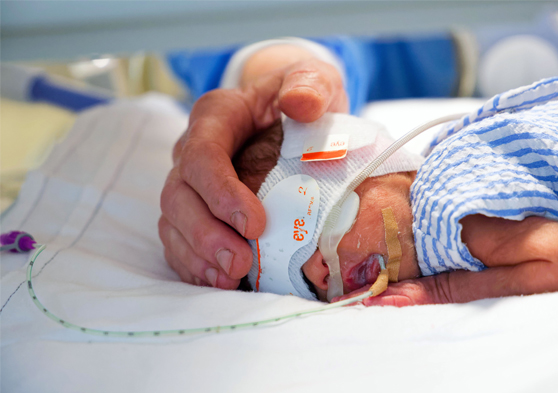Search
Research
A systematic review of prevention interventions to reduce prenatal alcohol exposure and fetal alcohol spectrum disorder in Indigenous communitiesLiz Martyn Milne Symons MPH PhD B.A. (Hons) PhD. Honorary Emeritus Fellow Honorary Research Associate 08 6319 1672 martyn.symons@thekids.org.au
Research
Active Strides-CP: Randomised trial of Intensive Rehabilitation (combined Intensive gait and cycling training) for children with moderate to severe bilateral cerebral palsyActive Strides-CP is an RCT assessing a new treatment for children with moderate to severe CP, combining intensive gait and cycling training to simultaneously address motor and participation outcomes.
Research
Alcohol-Related Harm in Young PeopleMelissa Fiona O'Donnell Stanley BPsych (Hons), MPsych, GradDip Ed, PhD FAA FASSA MSc MD FFPHM FAFPHM FRACP FRANZCOG HonDSc HonDUniv HonFRACGP HonMD
Research
An exploration of cerebral palsy aetiology: assisted reproductive technology and congenital anomaliesThis project will explore in detail the role of two known risk factors for cerebral palsy: assisted reproductive technology and congenital anomalies.
Research
Billboard Busters: Exploring Children's Views on Outdoor Advertising"Billboard Busters: Exploring Children's Views on Outdoor Advertising" is a groundbreaking study that examines schoolchildren's attitudes towards outdoor advertisements.
Research
Chronic carbon dioxide exposure: an unrecognised health risk of climate change?Alexander Larcombe BScEnv (Hons) PhD Honorary Research Fellow Honorary Research Fellow Associate Professor Alexander Larcombe began work at The Kids

The CIRCA DIEM Study is a clinical research study being coordinated by the Chronobiology Team at The Kids Research Institute Australia, who are based in Perth, Western Australia and involving research teams from around the world.

The CIRCA DIEM study is a multicentre, prospective, open, blinded end-point (PROBE) parallel controlled study which aims to compare long term neuro-developmental outcomes of premature babies cared for in a cycled environment to premature babies who receive routine care in a non-cycled environment.
Research
Cochrane CSOM: A suite of reviews examining the effectiveness of interventions to treat chronic suppurative otitis media (CSOM) globallyChris Peter Brennan-Jones Richmond PhD MBBS MRCP(UK) FRACP Head, Ear and Hearing Health Head, Vaccine Trials Group chris.brennan-jones@thekids.org.au

Research
Core Competencies and Reporting Guidelines for Co-research with Adolescents (The C3 Study)The C3 Study is an exploration into best practice around co-research with youth consumers being led by the Adolescent Health and Wellbeing Team at The Kids Research Institute Australia, who are based in Adelaide.
